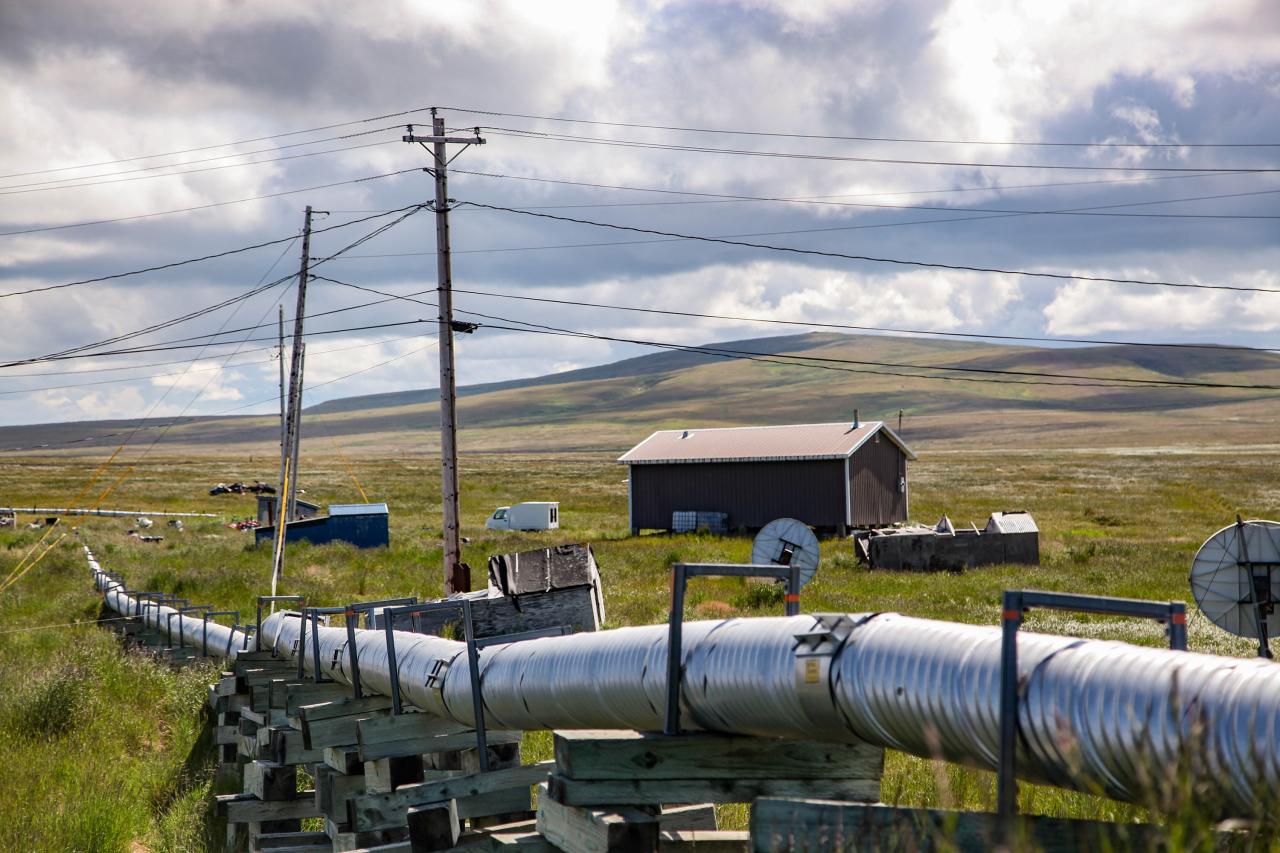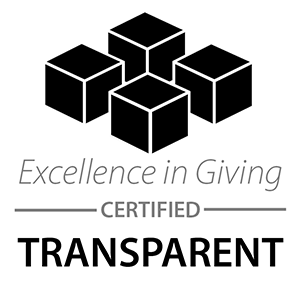By Graham Frank, Development Director & Civil Engineer
Last year, a group of EMI civil engineers started dreaming about moving into new frontiers with Water, Sanitation, and Hygiene (WASH).
They started asking questions about what EMI could be outside the boundary walls of EMI’s typical civil engineering support to institutional ministries.
They're asking what impact EMI could have in communities in need of restored or improved water and sanitation.
They’re setting out in a new direction in search of new opportunities, wider impact for the gospel, and projects with greater technical & social complexity.
With recent changes to EMI’s status, the door is open to pursue project opportunities within the USA.
So when a foundation asked for EMI’s help scouting for potential WASH projects in Alaska, EMI’s CEO John Dallmann jumped at the chance.
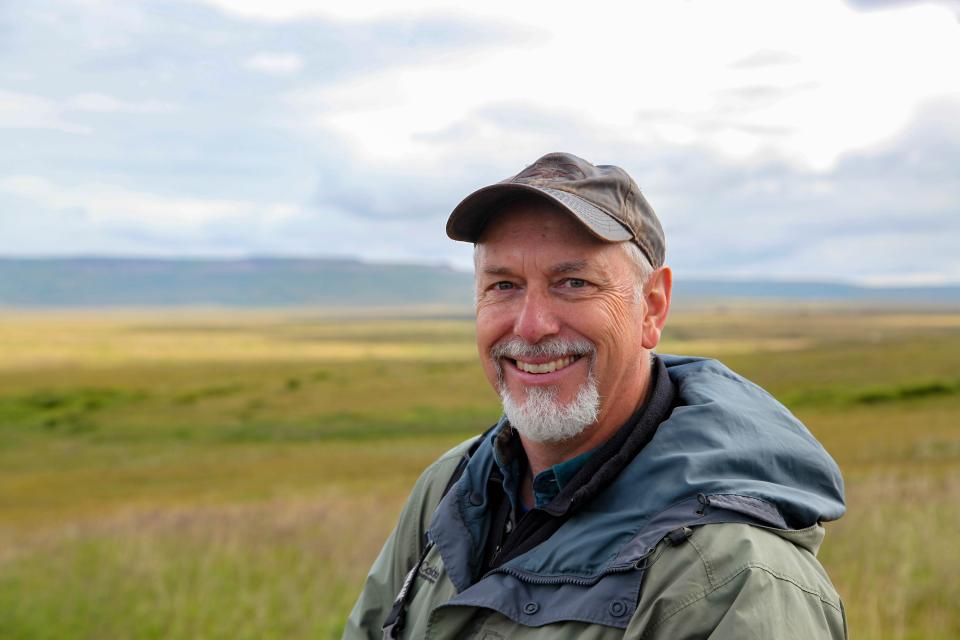
With a long history in water projects in Africa, John is a Civil Engineer passionate about EMI’s opportunity to make an impact in developing communities.
Communities where the scale of the need and the complexity of the engineering scares away the smaller ‘community well’ project operators.
In the Yukon-Kuskokwim region of Alaska, where a 20-foot section of insulated pipe costs thousands of dollars, the challenges and costs of Artic engineering are new and turn traditional design approaches on their head.
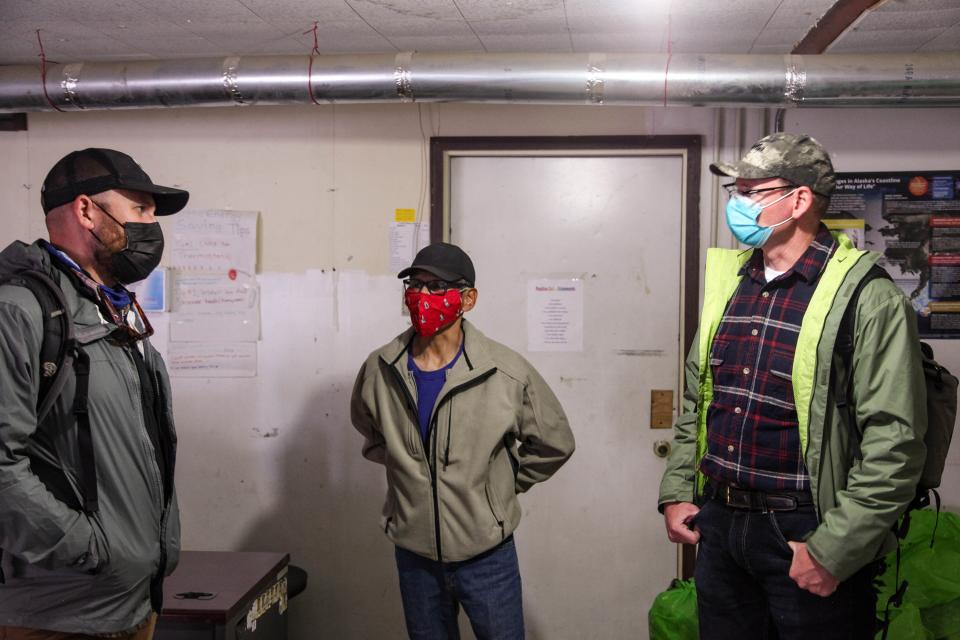
EMI Staff Civil Engineer Jason Chandler has seen the potential for WASH growth at EMI as well.
Over his eight years and travels around the world with EMI, he’s seen defunct charity and government water systems, he’s worked in partnership with other organisations to meet WASH needs, and he’s walked through community project implementation.
So Jason wasn’t surprised when the mayor of Tununak village on the banks of the Bering Sea told of the many water projects that had been implemented and abandoned there over the years.
To Jason, part of EMI’s mandate is to restore broken or inadequate water systems in communities around the world.
Typically, EMI teams have their hands full with the project applications that come in. To develop WASH, EMI will have to take a different approach. Seeking out project opportunities through ministry relationships in the network, and going out to survey needs in communities is a new first step.
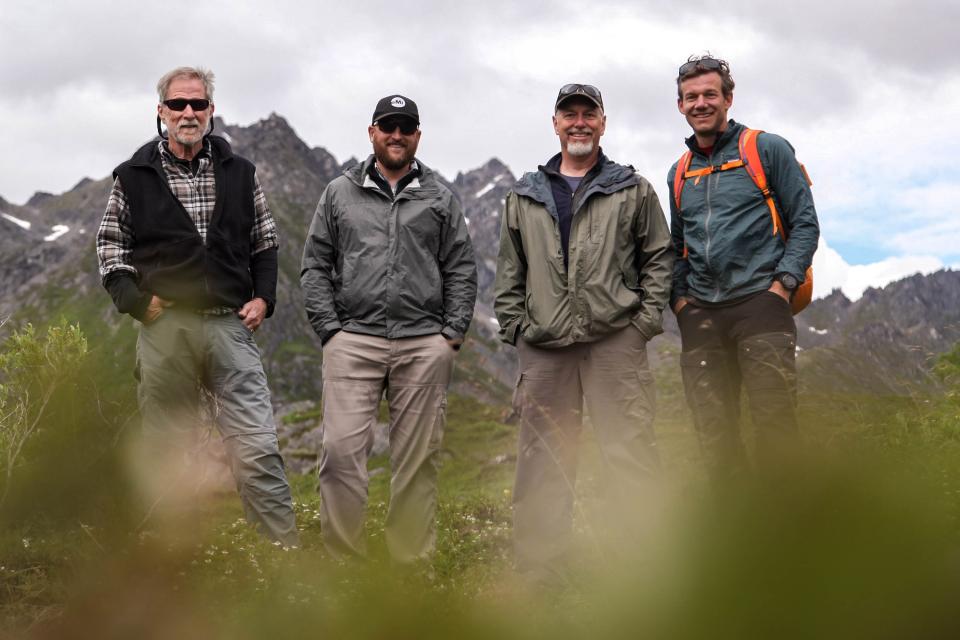
Due to COVID, Alaska native and EMI Nicaragua Director Bill Tatom was available to go along and introduce the team to his home state.
In spite of COVID, they were welcomed into a number of communities in the region to discuss WASH needs with village mayors.
During these visits, the link between engineering and health outcomes in this extreme environment was glaringly obvious. Sometimes even professionals at health centers don’t have sufficient water even to wash their hands between patient visits.
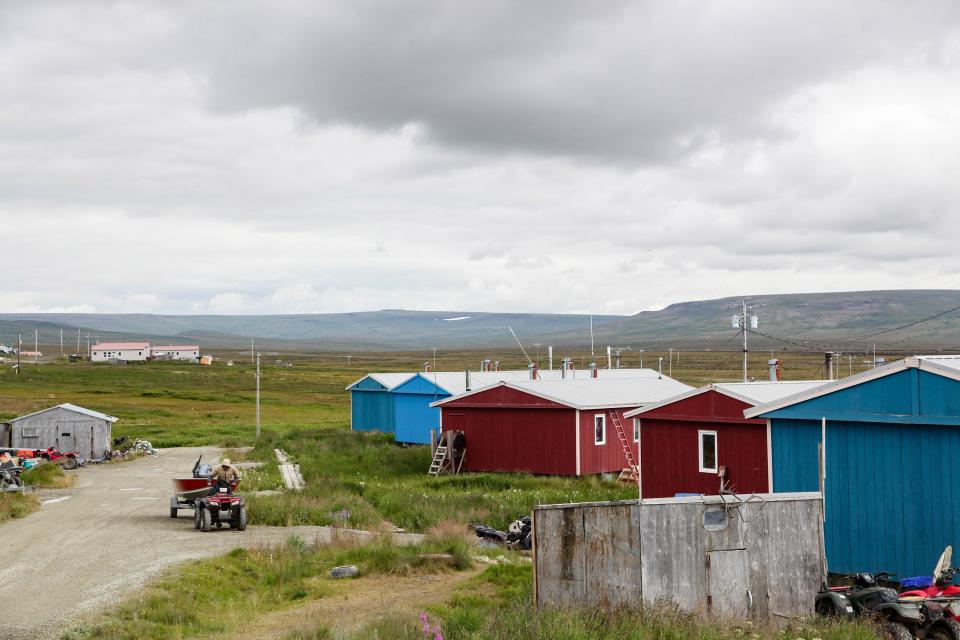
From developing communities living in the Alaskan tundra to huge unserved peri-urban communities in Sub-Saharan Africa, the biggest needs in WASH on this earth are also the most challenging and complex.
WASH at EMI is going to be a journey where we explore opportunities, experiment with new project roles and more direct involvement in execution and funding.
We want to grow to enable EMI’s Civil Engineers to become the agents of restoration God called them to be.
